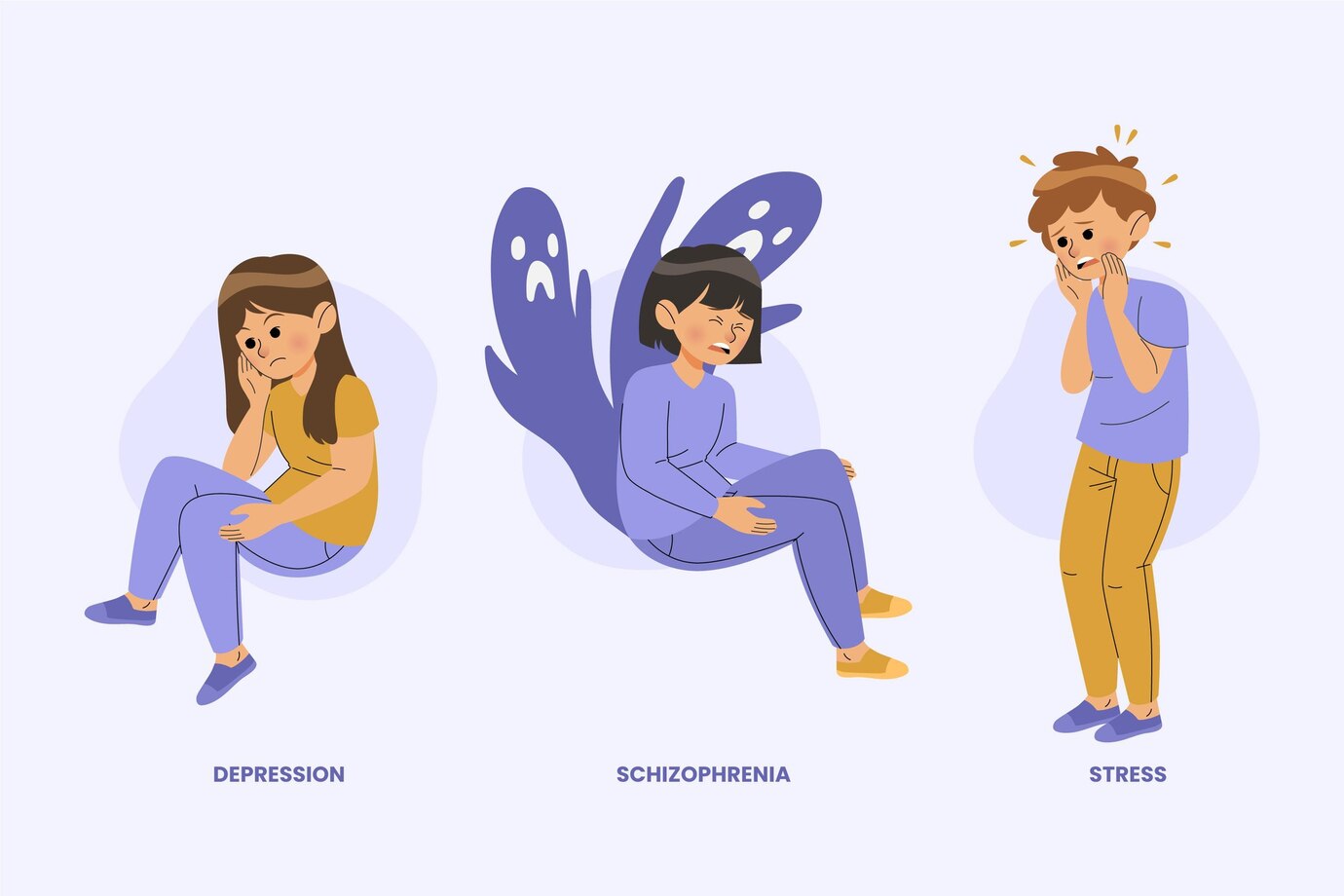
Understanding Depression: Recognizing Its Signs and Symptoms
Depression is a complex and often misunderstood mental health condition that affects millions of people worldwide. While it’s common to feel sad or down from time to time, depression goes beyond normal feelings of sadness and can significantly impact a person’s daily life. Understanding the signs and symptoms of depression is crucial for early recognition and seeking appropriate support. In this guide, we’ll explore the emotional and physical signs of depression in simple language to help you recognize when it might be time to seek help.
Emotional Signs and Symptoms of Depression:
- Persistent Sadness: Feeling sad, empty, or hopeless most of the time, even when there’s no apparent reason, is a hallmark sign of depression.
- Loss of Interest: Losing interest in activities you once enjoyed, such as hobbies, socializing, or work, can indicate depression.
- Irritability: Feeling easily annoyed, agitated, or restless, even over minor matters, can be a sign of underlying depression.
- Difficulty Concentrating: Depression can make it challenging to focus, make decisions, or remember things clearly, leading to decreased productivity and cognitive functioning.
- Changes in Sleep Patterns: Insomnia, oversleeping, or disturbances in sleep patterns are common symptoms of depression.
- Fatigue and Low Energy: Feeling constantly tired, physically drained, or lacking energy, even after adequate rest, is a common symptom of depression.
- Feelings of Guilt or Worthlessness: Experiencing persistent feelings of guilt, self-blame, or worthlessness, regardless of actual circumstances, can be indicative of depression.
Physical Signs and Symptoms of Depression:
Changes in Appetite or Weight: Significant changes in appetite, resulting in weight loss or gain, can be physical manifestations of depression.
Aches and Pains: Unexplained physical symptoms such as headaches, stomachaches, or muscle pains may occur alongside depression.
Digestive Problems: Depression can also manifest through gastrointestinal issues like stomach cramps, diarrhea, or constipation.
Slowed Movement or Speech: Depressed individuals may exhibit slowed movements, speech, or noticeable restlessness.
Frequent Illness: Depression can weaken the immune system, making individuals more susceptible to frequent colds, infections, or other illnesses.
Conclusion:
Recognizing the signs and symptoms of depression is the first step toward seeking help and treatment. If you or someone you know is experiencing several of the symptoms mentioned above for an extended period, it’s essential to reach out to a healthcare professional or mental health provider. Remember, depression is a treatable condition, and seeking support can lead to improved well-being and quality of life.
To seek medical advice, always consult a Doctor. Here are our recommended experts. Click here
To read more on Neurology. Click Here


